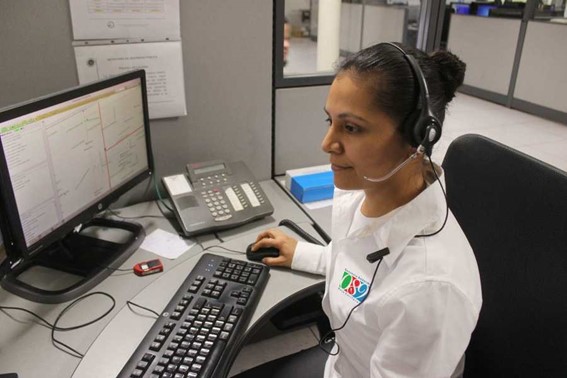On July 20, 2022, the Brazilian Federal Pharmacy Council (CFF) published Rule #727/2022, meeting a pressing need in the sector, with the rampant advancement of technology, by regulating the practice of Telepharmacy in Brazil.
In fact, Telepharmacy is defined as the practice of Clinical Pharmacy, by pharmacists – as autonomous professionals or legal entities, both of which must be registered with the CFF – mediated by Information and Communications Technology (ICT), through platforms or software also registered with the CFF, remotely, in real time (synchronous) or asynchronously, for the purposes of promoting, protecting, monitoring, recovering health, preventing diseases and other health problems, as well as solving problems in pharmacotherapy, for the rational use of medicines and other health technologies; it can also be used for teaching and research purposes in healthcare, provided that the norms and ethical precepts are observed.
An interesting aspect of the regulation is that marketing alone of medicines and other healthcare products, through platforms or software, is not considered Telepharmacy, and the pharmacist is also forbidden to assume technical responsibility for any establishment related to medicines, in a non-face-to-face manner.
Another relevant aspect is the Rule’s concern with regard to patient data and images, which must be preserved in accordance with the legal rules pertaining to custody, handling, integrity, veracity, confidentiality, privacy, irrefutability and guarantee of professional secrecy of information.
All telepharmacy services must be recorded in a physical medical record or through the patient’s Computerized Electronic Health Record Systems (S-RES), meeting the standards of representation, terminology and interoperability, and the requirements of Security Assurance Level 2 (NGS2), according to the Brazilian Public Key Infrastructure (ICP-Brasil) standard or another legally accepted standard.
In addition, the rule is clear regarding the guarantee of adequate data registry on treatment, storage, custody, traceability, and security of personal data, especially sensitive personal data, observing the General Law of Data Protection (LGPD), the current regulations of the Ministry of Health and the National Health Surveillance Agency, in addition to ensuring the privacy and intimacy of patients. The patients’ consent is mandatory for the sharing of their data, especially if it is intended to promote goods or services for profit.
The aforementioned rule also establishes that Telepharmacy can be performed in the following service modalities:
| TELEPHARMACY MODALITIES | DEFINITION |
| Teleconsultation | Consultation carried out by the pharmacist, with the patient’s consent, in a non-face-to-face, synchronous way, mediated by Information and Communications Technology (ICT) that allows interaction with the patient or their legal guardian and companions, when necessary, present in different environments, with the purpose of promoting, protecting and recovering health, preventing diseases and other clinical conditions, as well as solving pharmacotherapy issues, rational use of medicines and other healthcare technologies. |
| Teleinterconsultation | It is defined as a pharmaceutical consultation with pharmacists participation or between pharmacists and other healthcare professionals, with or without the presence of the patient or their legal guardian, for the exchange of information and opinions, evaluation of a clinical case and choosing the most effective patient interaction techniques, in order to optimize results in healthcare, preventing disease and other clinical conditions, and promoting health. |
| Telemonitoring or Telesurveillance | It is carried out under the indication, coordination, guidance, and supervision of a pharmacist, for the remote monitoring or surveillance of health or disease parameters, through clinical evaluation or acquisition of images, signals, and data from equipment, added or implantable devices in patients, especially clinical data, and should only be performed with the indication and justification of the pharmacist responsible for the patient. The following information must be recorded: (i) identification data of the pharmacist (full name, signature, and registration number at the Regional Pharmacy Council), (ii) identification data of the patient and their legal guardian, if any (name, contact, date of birth, location at the time of care, and the like), (iii) confirmation of the patient’s or legal guardian’s informed consent, (iv) clinical and pharmacotherapeutic history, (v) identification and assessment of health needs, (vi) selection of conduct and care plan, (vii) date and time of start and end of care, according to the time zone of the location where the pharmacist is located. |
| Teleconsulting | It is the ICT-mediated consultancy between pharmacists and other professionals, with the purpose of issuing technical and administrative opinions, and recommending healthcare actions. |
It is also worth noting that asynchronous interaction, through text, video or audio messages does not constitute pharmaceutical teleconsultation, as it is not possible to cover all stages of the healthcare process and the complexity of communication between professional and patient or their legal guardian.
On the other hand, all the modalities described above can be performed and transmitted through teleconference for educational, research, or training purposes, provided that with the authorization of the patient or their legal representative. In addition, healthcare education may also occur collectively to attend to a group of patients at once.

